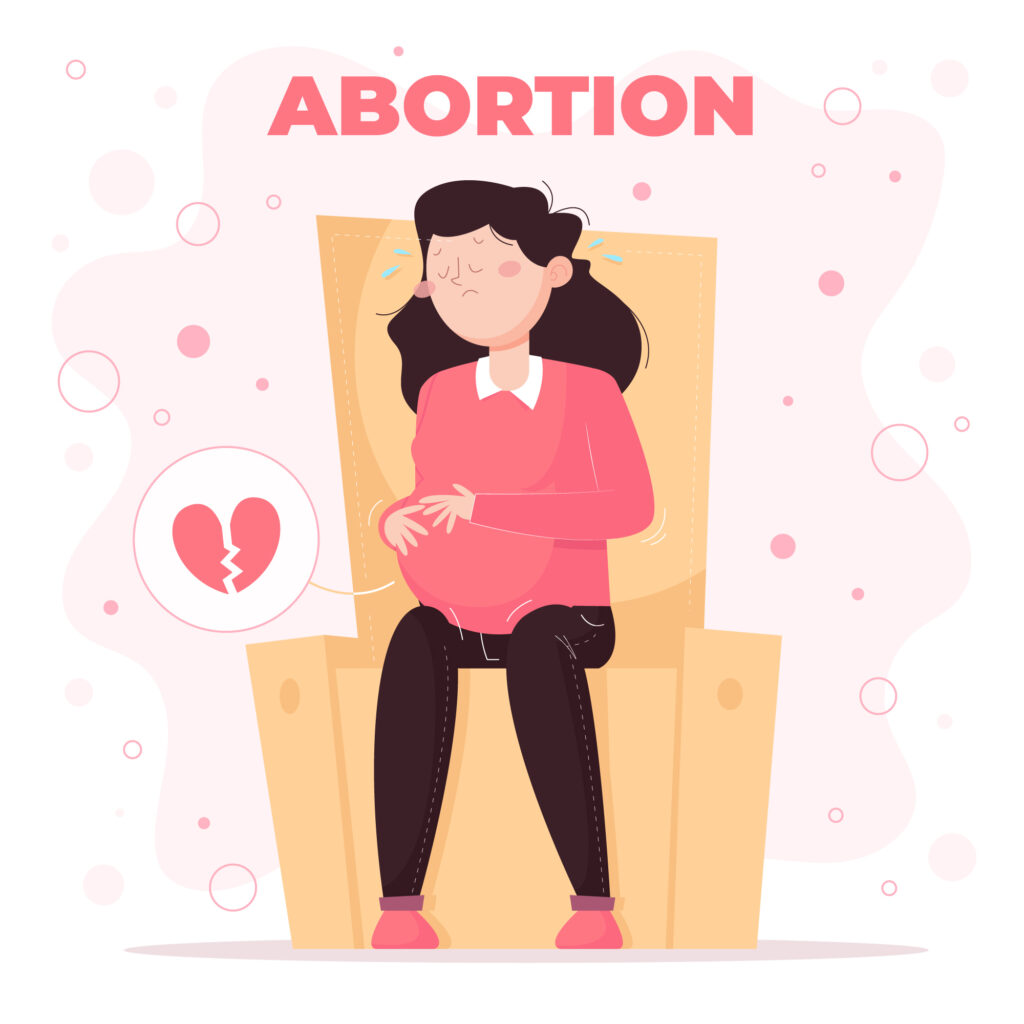Abortion is a complex and highly debated topic worldwide. Each country has its own set of laws and regulations governing this fundamental aspect of reproductive rights. In Sweden, abortion is an integral part of the country’s healthcare system, reflecting a commitment to gender equality and women’s autonomy. This article aims to provide a comprehensive overview of abortion in Sweden, examining its historical context, legal framework, healthcare system, societal attitudes, and impact on women’s health.
Historical Context
Sweden has a long history of advocating for women’s rights, including their reproductive rights. In 1921, Sweden became one of the first countries in the world to legalize abortion in certain circumstances.
However, it wasn’t until 1974 that Sweden fully decriminalized abortion, becoming one of the first countries to allow unrestricted access to abortion on request, up to 18 weeks of gestation.
This progressive approach to reproductive rights reflects Sweden’s broader commitment to gender equality and women’s empowerment. It acknowledges that decisions about reproductive health should ultimately rest with the pregnant person, in consultation with healthcare professionals, without undue interference from the state or external parties.

Legal Framework
The legal framework surrounding abortion in Sweden is primarily governed by the Abortion Act (Swedish: Abortlagen). This legislation sets the parameters for when and how abortion can be performed in the country.
1. Access on Request
Under the Abortion Act, women in Sweden have the right to request an abortion without the need for specific reasons up to 18 weeks of gestation. This ensures that a woman’s decision regarding her pregnancy is respected, prioritizing her autonomy and bodily integrity.
2. Post-18 Weeks Abortion
After 18 weeks, abortion is permitted, but the decision requires approval from the National Board of Health and Welfare (Socialstyrelsen), and a special reason must be provided, such as a threat to the woman’s life or severe fetal abnormalities.
3. Healthcare Providers
Abortion services are provided by healthcare professionals, both in public and private healthcare settings, further emphasizing the importance of ensuring safe and accessible reproductive healthcare.
4. Counseling
Women seeking an abortion in Sweden have the right to receive counseling and information about their options, including alternatives to abortion, as part of the pre-abortion process. This is aimed at ensuring that women make informed decisions about their reproductive health.
5. Conscientious Objection
Healthcare professionals have the right to refuse to participate in abortions on moral or religious grounds, but they are obliged to provide information about where a woman can access abortion services.
Healthcare System
Sweden’s universal healthcare system plays a crucial role in ensuring that abortion services are accessible to all citizens, irrespective of their socioeconomic status. The healthcare system in Sweden is publicly funded, providing comprehensive reproductive healthcare services to all residents.
- Accessible Care – Abortion services are widely available throughout the country, including in urban and rural areas, ensuring that geography is not a barrier to access.
- Confidentiality – The healthcare system places a strong emphasis on patient confidentiality, protecting the privacy of individuals seeking abortion services.
- Reproductive Health Education – Sweden is committed to promoting comprehensive sexual education, which includes information about contraception and reproductive health. This education helps reduce unintended pregnancies and the need for abortion.
- Post-Abortion Care – The healthcare system provides comprehensive post-abortion care to support women in their physical and emotional recovery.
Societal Attitudes
Sweden’s societal attitudes toward abortion are generally progressive and supportive of women’s reproductive rights. The country’s emphasis on gender equality and women’s autonomy has helped foster a culture of respect for a woman’s right to make decisions about her body and reproductive health.
However, as with any societal issue, there is diversity in opinion, and not everyone may hold the same views.
- Public Opinion – A majority of the Swedish population supports women’s right to choose, and there is a general consensus that abortion should be safe, legal, and accessible.
- Political Landscape – Sweden’s political landscape reflects a commitment to reproductive rights. Most political parties support a woman’s right to choose, and the legal framework for abortion remains stable.
- Religious Beliefs – While Sweden is a predominantly secular country, there are individuals and groups with religious beliefs that influence their stance on abortion. However, religious conservatism does not hold significant sway in shaping abortion policy.
Impact on Women’s Health
Sweden’s progressive approach to abortion has a positive impact on women’s health in several ways.
- Safety – Legal and accessible abortion services mean that women are less likely to resort to unsafe, clandestine procedures, reducing the risk of complications and mortality associated with unsafe abortions.
- Health Education – Sweden’s comprehensive sexual education helps reduce unintended pregnancies, promoting reproductive health and well-being.
- Emotional Support – The healthcare system and support networks in Sweden provide emotional assistance to women going through the abortion process, prioritizing their mental and emotional health.
- Reduced Stigma – The acceptance of abortion as a legitimate reproductive choice in Swedish society helps reduce the stigma associated with it, fostering a supportive environment for women facing this decision.
The Bottom Line
Abortion in Sweden shows the country’s commitment to gender equality, women’s autonomy, and comprehensive reproductive healthcare. Sweden’s legal framework, healthcare system, societal attitudes, and impact on women’s health all contribute to a reproductive rights model that values individual choice and safety.
While no system is without challenges, Sweden’s approach to abortion is rooted in the belief that a woman’s decision about her reproductive health should be respected and supported. This progressive stance serves as an example for countries worldwide to consider when addressing the complex and sensitive issue of abortion.









